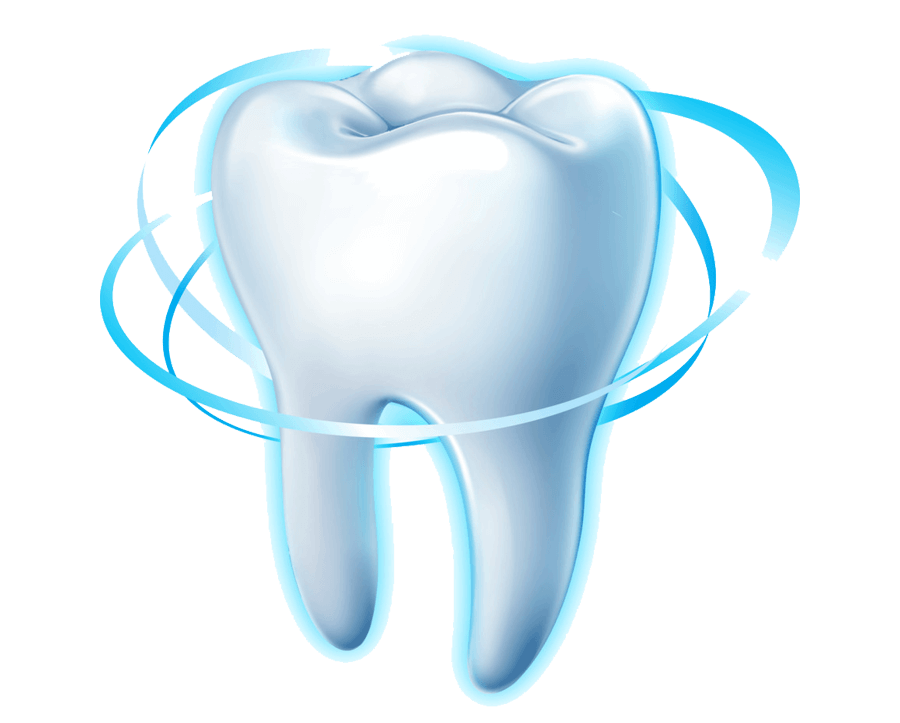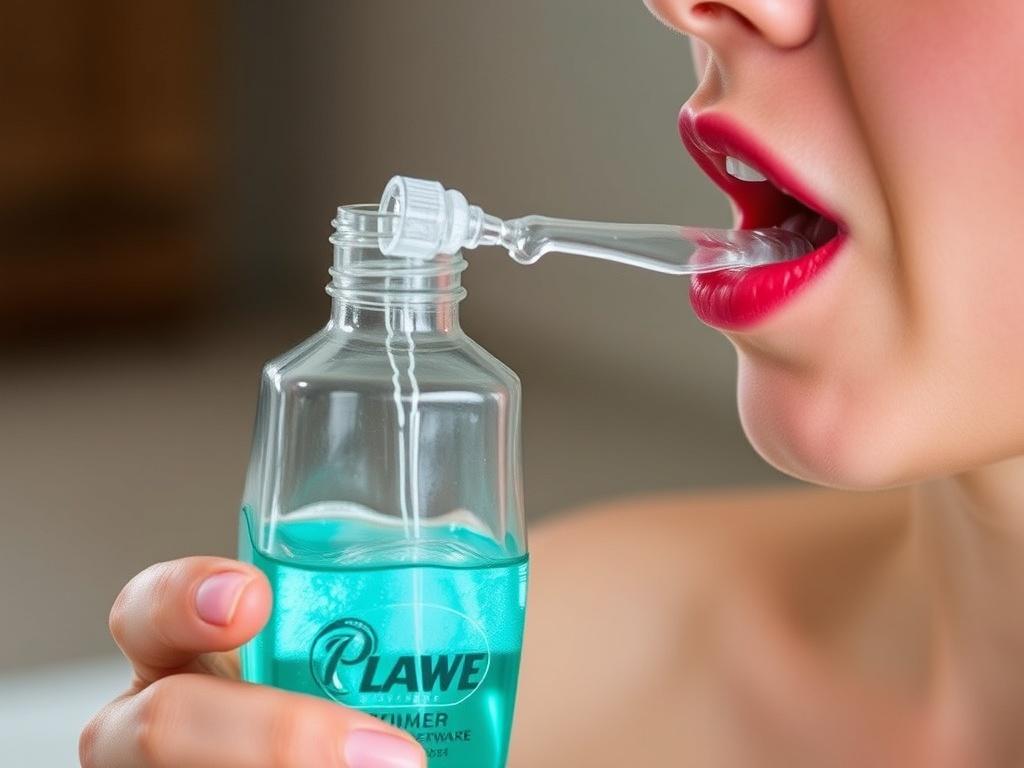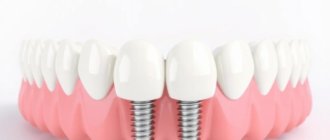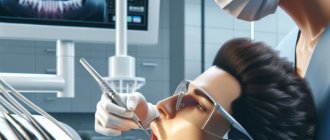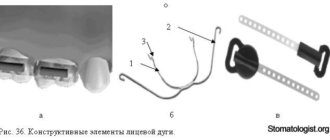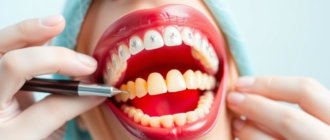Mouthwash has become a common part of many people’s daily oral hygiene routine. It’s easy to find in drugstores and supermarkets alike, promising fresher breath, prevention of cavities, and even protection against gum disease. But with such a simple addition to your routine, it’s worth asking: what are the real benefits and limitations of mouthwash? Does it live up to the hype, or is it just another product promising more than it can deliver? In this article, we’ll dive deep into everything you need to know about mouthwash, from how it works to the best types available, and most importantly, when it should and shouldn’t be used.
Содержание
- 1 What Is Mouthwash and How Does It Work?
- 2 The Benefits of Using Mouthwash
- 3 Limitations and Potential Downsides of Mouthwash
- 4 Choosing the Right Mouthwash for You
- 5 Tips for Effective Mouthwash Use
- 6 Addressing Common Mouthwash Myths
- 7 Natural Alternatives to Commercial Mouthwash
- 8 Final Considerations: Who Should Use Mouthwash?
- 9 When to See a Dentist Instead of Relying on Mouthwash
What Is Mouthwash and How Does It Work?
At its core, mouthwash is a liquid product designed to be swished around your mouth to clean areas your toothbrush and floss might miss. It often contains antiseptic agents that kill bacteria, ingredients to help reduce plaque, and sometimes fluoride to strengthen teeth. The primary goal of mouthwash is to reduce oral bacteria, fight bad breath, and support overall oral hygiene.
There are two main types of mouthwash: cosmetic and therapeutic. Cosmetic mouthwashes are mainly aimed at freshening breath and temporary cosmetic effects. Therapeutic mouthwashes, on the other hand, contain active ingredients aimed at treating or preventing specific dental conditions, including gingivitis or tooth decay.
The Active Ingredients in Mouthwash
Different mouthwashes contain a variety of active ingredients, each serving a specific purpose. Here is a table summarizing some common ingredients and their benefits:
| Ingredient | Function | Common Benefits |
|---|---|---|
| Chlorhexidine | Antiseptic | Reduces gum inflammation and bacterial growth |
| Fluoride | Tooth enamel strengthening | Protects against cavities and tooth decay |
| Essential oils (e.g., eucalyptol, menthol) | Antimicrobial and anti-inflammatory | Freshens breath, reduces plaque |
| Cetylpyridinium chloride | Antibacterial | Fights bad breath-causing bacteria |
| Hydrogen peroxide | Whitening agent | Brightens teeth, kills bacteria |
Understanding these ingredients helps you pick a mouthwash that matches your personal dental needs.
The Benefits of Using Mouthwash
Using mouthwash regularly can bring several benefits that complement brushing and flossing. Let’s look at some key advantages:
1. Freshens Breath
Perhaps the most obvious benefit is freshening breath. Mouthwash works to neutralize odors and mask bad breath, making it ideal if you’re heading out or just want to feel more confident. Ingredients like essential oils and cetylpyridinium chloride are especially good at reducing the bacteria responsible for halitosis (bad breath).
2. Reduces Plaque and Gingivitis
Certain therapeutic mouthwashes contain antiseptics like chlorhexidine that help reduce plaque buildup and control gingivitis (gum inflammation). Using such mouthwashes can be very effective if you’re prone to gum problems or are currently undergoing dental treatment.
3. Helps Prevent Tooth Decay
Fluoride-containing mouthwashes assist in strengthening tooth enamel, making teeth more resistant to acid attacks caused by bacteria in your mouth. This helps reduce the risk of cavities. For people who don’t get enough fluoride through water or toothpaste, mouthwash can be a great addition.
4. Cleans Hard-to-Reach Areas
Even the most thorough brushing and flossing might miss areas between teeth or along the gum line. Mouthwash can reach these spots, providing an extra layer of cleaning.
5. Soothes Mouth Sores
Some mouthwashes contain ingredients that help reduce pain and speed healing of mouth ulcers, such as mild antiseptics and anti-inflammatory agents.
Limitations and Potential Downsides of Mouthwash
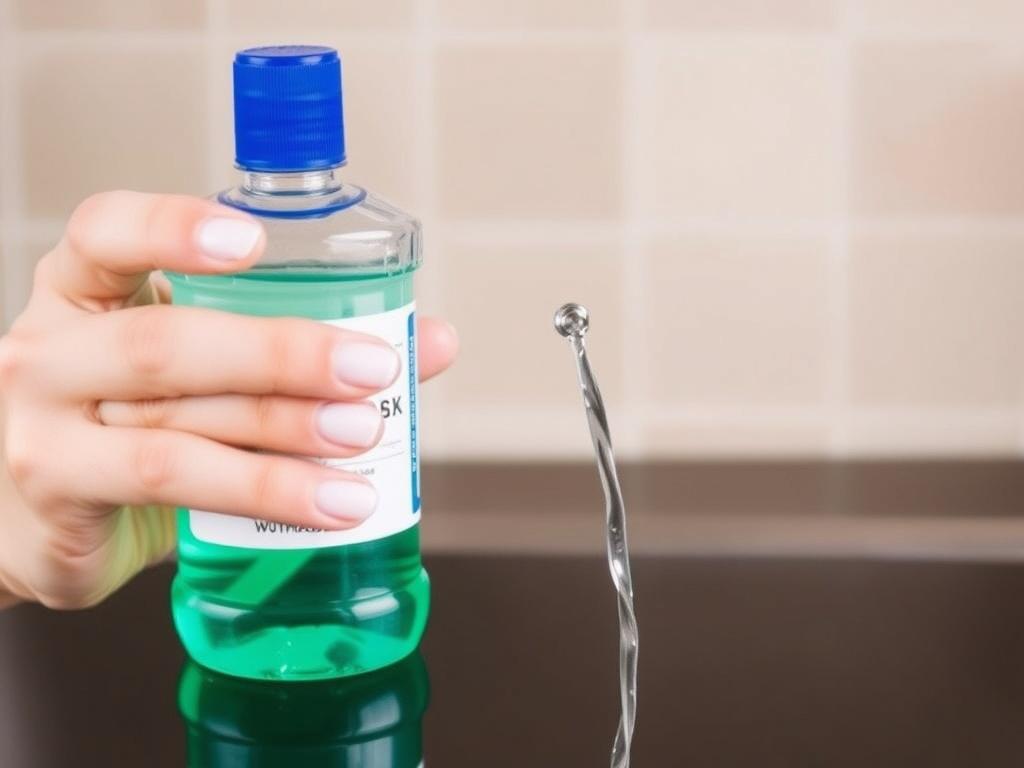
Despite its benefits, mouthwash is not a cure-all. Understanding its limitations is vital to using it effectively and safely.
1. Mouthwash Cannot Replace Brushing and Flossing
Mouthwash should never be a substitute for brushing or flossing. While it helps reduce bacteria, it cannot physically remove plaque and food debris stuck on teeth. Regular brushing and flossing are essential to maintain oral hygiene.
2. Potential for Overuse and Side Effects
Overusing mouthwash, especially those with strong antiseptics like chlorhexidine, can lead to side effects such as:
- Staining of teeth and tongue
- Altered taste sensation
- Mouth irritation or dryness
Using mouthwash more than the recommended frequency can disrupt the natural balance of oral flora, potentially worsening oral health.
3. Not Effective Against All Oral Problems
Mouthwash won’t resolve severe dental issues like cavities, advanced gum disease, or infections. It is an adjunct to care rather than a treatment.
4. Alcohol Content May Be Problematic
Many mouthwashes contain alcohol, which can cause burning sensations, dryness, or discomfort for some users, especially children or people with sensitive mouths. Additionally, long-term alcohol mouthwash use has sparked concerns about links to oral cancers, although research is inconclusive.
5. Can Mask Underlying Problems
Relying solely on mouthwash to manage bad breath may mask more serious conditions such as gum disease, dry mouth caused by medication, or systemic health problems.
Choosing the Right Mouthwash for You
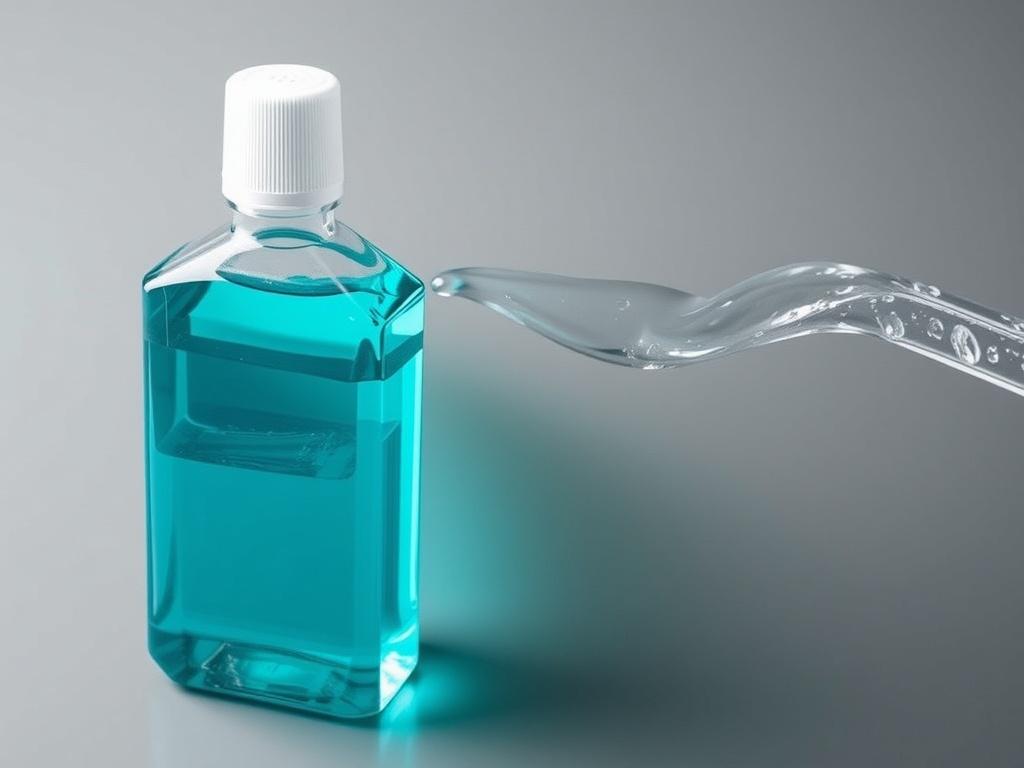
With so many options on the market, choosing the right mouthwash can seem overwhelming. Here are some key factors to consider:
Purpose of Use
Are you looking for breath freshening, cavity prevention, gum treatment, or whitening? Your goal will guide your choice.
Ingredients
Look for active ingredients that match your needs, such as fluoride for cavity protection or chlorhexidine for gum disease.
Alcohol Content
If sensitive to alcohol or children will use it, opt for alcohol-free formulas.
Flavor and Taste
Since you’ll be using it regularly, pick a flavor you enjoy to help maintain consistency.
Doctor’s Advice
Consult your dentist if you have underlying oral issues or are unsure about what mouthwash suits you best.
Comparing Popular Mouthwash Types
| Type | Key Features | Best For | Limitations |
|---|---|---|---|
| Cosmetic | Freshens breath, masks odors | General hygiene, social situations | No therapeutic benefits |
| Fluoride | Strengthens enamel, cavity prevention | All ages, especially at risk for cavities | Does not treat gum disease |
| Antiseptic (Chlorhexidine) | Kills bacteria, reduces plaque/gingivitis | Gum disease, post dental surgery | Staining, taste alteration, short-term use only |
| Natural/Herbal | Essential oils, mild antimicrobials | Sensitive mouths, alternative users | Less evidence for effectiveness |
Tips for Effective Mouthwash Use
To get the most out of your mouthwash, follow these simple but important tips:
- Use as directed: Follow the instructions on the label carefully. Don’t exceed recommended usage.
- Use after brushing and flossing: Mouthwash works best when used after proper cleaning of teeth and gums.
- Swish for the right amount of time: Usually 30 seconds to 1 minute is ideal.
- Don’t eat or drink immediately after: Wait at least 30 minutes to allow ingredients to work effectively.
- Choose the right product: Select mouthwash that suits your oral health needs and preferences.
Addressing Common Mouthwash Myths
There are many misconceptions about mouthwash that can lead to improper use or unrealistic expectations. Let’s clarify some of them:
Myth 1: Mouthwash Can Replace Brushing and Flossing
As mentioned earlier, mouthwash is not a substitute but an aid. It cannot remove plaque or debris from the surfaces of your teeth the way a toothbrush or floss can.
Myth 2: All Mouthwashes Are the Same
Mouthwashes come in many varieties with different ingredients and effects. The one your friend uses might not be suitable for your needs.
Myth 3: Mouthwash Can Cure Bad Breath Instantly
While mouthwash can mask bad breath, it won’t address underlying problems like gum disease or dry mouth. Consistent oral hygiene and dental checkups are necessary.
Myth 4: Alcohol-Free Mouthwash Is Less Effective
Alcohol-free formulas are often gentler and still effective at killing bacteria and freshening breath. They’re a great choice for sensitive mouths.
Natural Alternatives to Commercial Mouthwash
For those looking to avoid chemicals or commercial products, several natural alternatives can help maintain oral hygiene:
- Saltwater rinse: A warm saltwater rinse can soothe irritation and kill some bacteria.
- Baking soda rinse: Baking soda neutralizes acids and can help freshen breath.
- Coconut oil pulling: Swishing coconut oil for 10–15 minutes may reduce harmful bacteria.
- Herbal rinses: Chamomile, peppermint, or tea tree oil rinses have antimicrobial properties.
While these can be helpful, they shouldn’t completely replace regular dental care or professional guidance.
Final Considerations: Who Should Use Mouthwash?
Mouthwash can be beneficial for almost everyone, but certain groups may gain particular advantages, including:
- People with braces or dental appliances where cleaning is more difficult
- Individuals prone to gum disease or cavities
- Smokers who want to combat staining and bad breath
- Those with dry mouth from medications or health conditions
On the other hand, young children, pregnant women, or people with allergies to mouthwash ingredients should consult their dentist before use.
When to See a Dentist Instead of Relying on Mouthwash
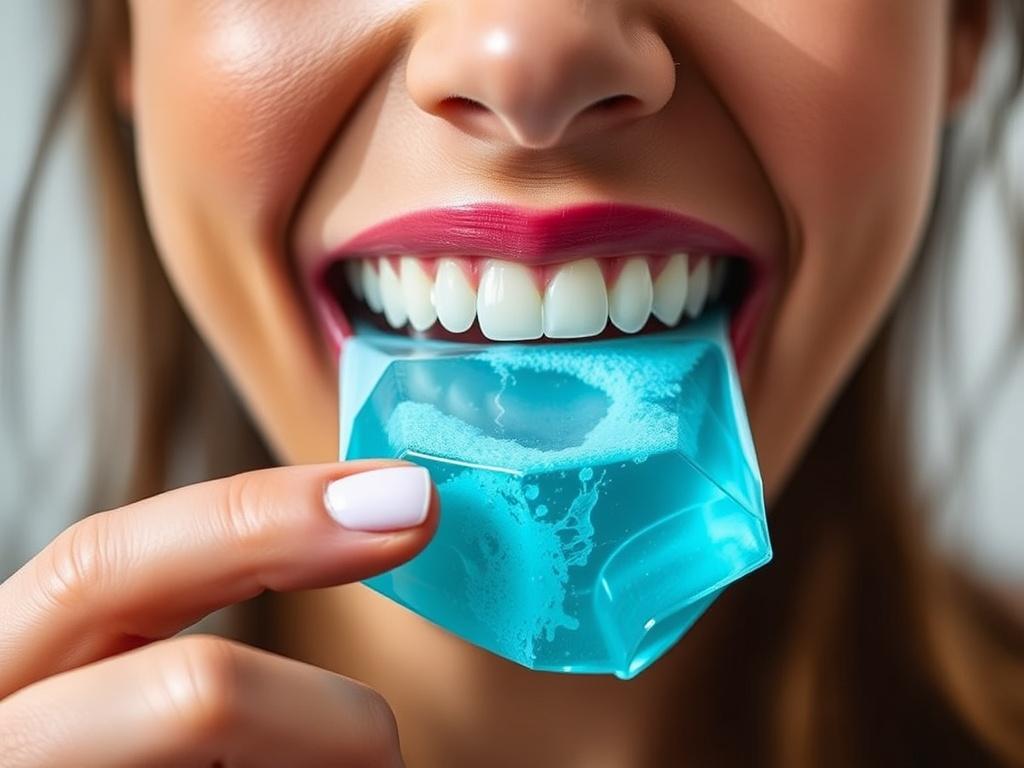
If you experience persistent bad breath, bleeding gums, tooth pain, or other oral problems, mouthwash alone is not the answer. These symptoms may signal infections, decay, or other conditions requiring professional care. Regular dental checkups and cleanings remain the cornerstone of maintaining oral health.
Conclusion
Mouthwash can be a powerful and beneficial addition to your oral hygiene routine when used correctly. It offers advantages such as freshening breath, reducing plaque and gingivitis, strengthening teeth, and helping clean hard-to-reach areas. However, mouthwash has clear limitations: it cannot replace brushing and flossing, may cause side effects if overused, and won’t cure serious dental issues. Choosing the right mouthwash depends on your individual needs, preferences, and advice from dental professionals. Like any health product, it’s most effective when used wisely and as part of a comprehensive dental care plan. Whether you prefer a fluoride rinse, an antiseptic solution, or a natural alternative, the key lies in understanding mouthwash’s role and how it fits into your unique oral health journey.
